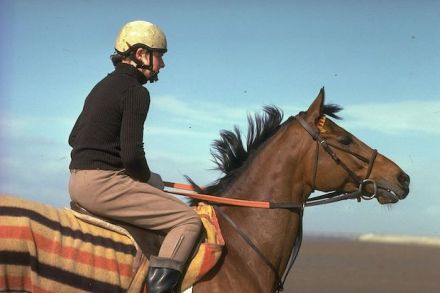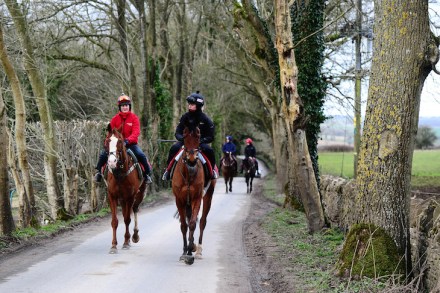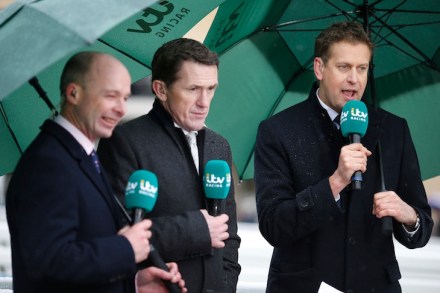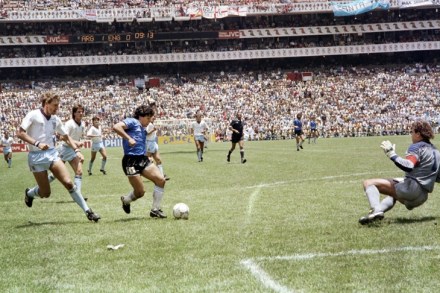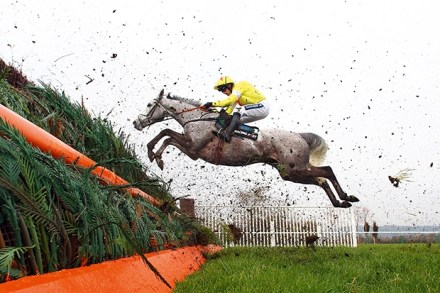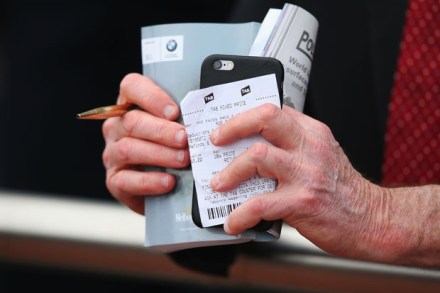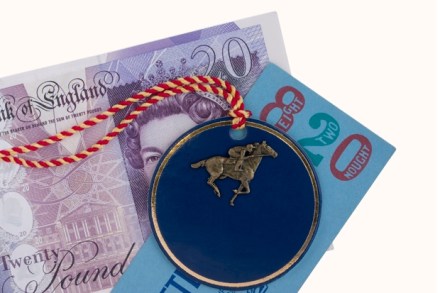The turf | 25 May 2017
Most racehorse trainers, those at least who didn’t have a legacy from Aunt Agatha to lubricate their way into the business, have attended the School of Hard Knocks, their tutors including some famously celebrated deliverers of colourful reprimands. Think Gordon W. Richards or Barry Hills. Having worked for Jenny Pitman and served eight years as assistant to the seemingly almost permanently incandescent Mick Channon, Joe Tuite, a Lambourn trainer in his own right since 2010, probably has the ultimate degree in bollockings. He was one of five stable lads who on one famous occasion misheard Jenny Pitman’s instructions. They galloped the horses a mile further than she had intended, thinking






